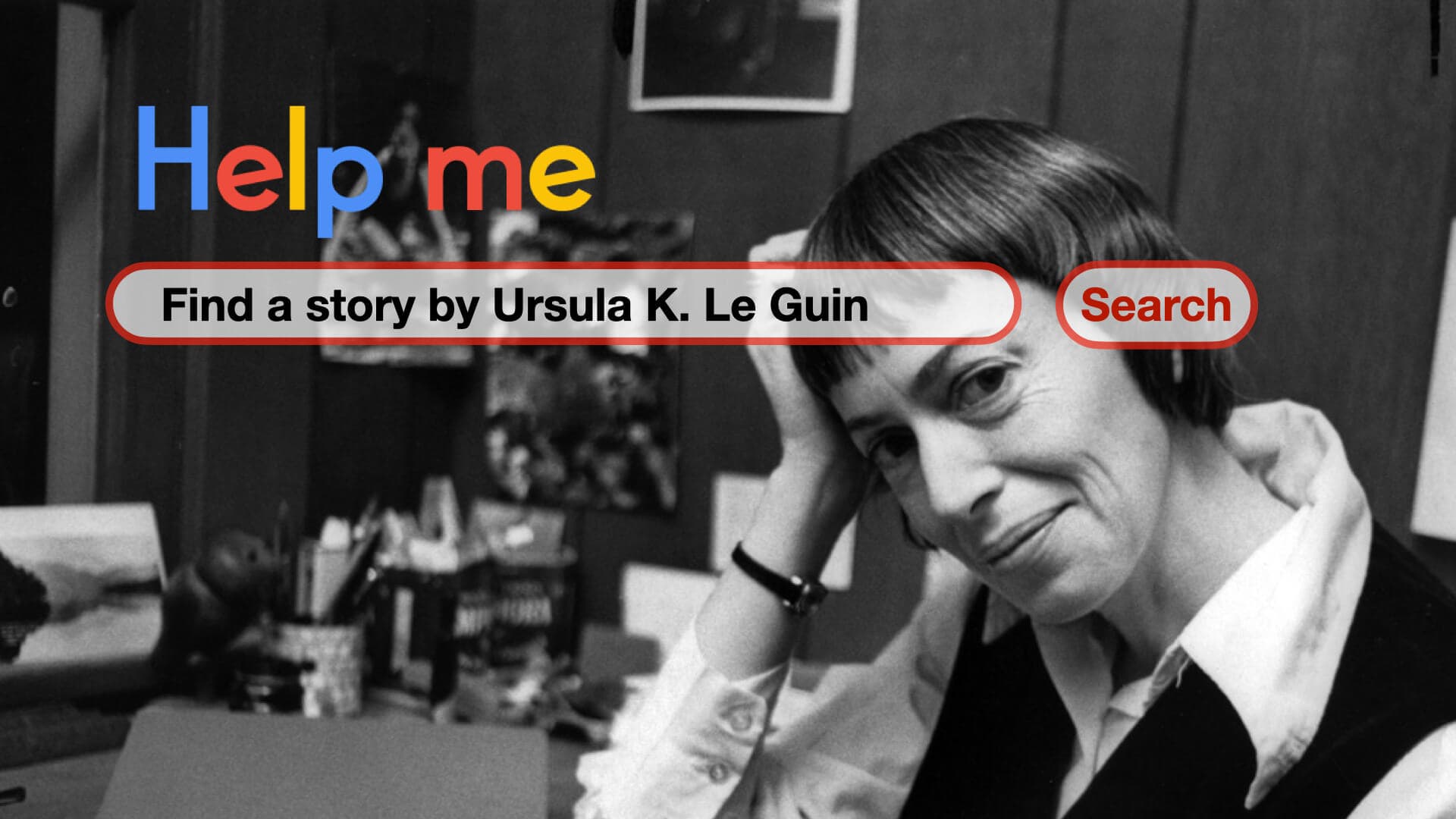In response to my previous posting titled How artists work, Leigh Wolf pointed out a book (Curious Minds: How a child becomes a scientist). I had not heard of this book before and a quick google search led me to this page.
Edited by John Brockman (the brains behind the wonderful website edge.org), this book is a “collection of essays from twenty-seven of the world’s most interesting scientists about the moments and events in their childhoods that set them on the paths that would define their lives.” The website also lists some of the shorter quotes from these essays. They are all great fun (and insightful) to read but one of them stood out. This is Steven Strogatz, professor in the Department of Theoretical and Applied Mechanics and the Center for Applied Mathematics at Cornell University.
We were each also handed a stopwatch and told to time ten swings of the pendulum, then click, lengthening the pendulum and noting how long it took for ten more swings, then click again, repeating the process. The point was to see how the length of the pendulum determined its period, the time for one swing to and fro. As I was dutifully plotting the period of the pendulum versus its length, it occurred to me after about the fourth or fifth dot that a pattern was starting to emerge. These dots were falling on a particular curve that I recognized because I’d seen it in my algebra class, it was a parabola, the same shape that water makes coming out of a fountain. I remember experiencing an enveloping sensation of fear, then of awe. It was as if this pendulum knew algebra!
What stands out in this story for me is the sheer visceral manner in which he describes his beginning understanding and insight (fear and awe!). Just imagine just what Galileo must have felt when he first noticed that the fact that the time-period of the pendulum was independent of its swing…
… and finally, how often do we tap into such feelings and emotions in the classroom?




0 Comments